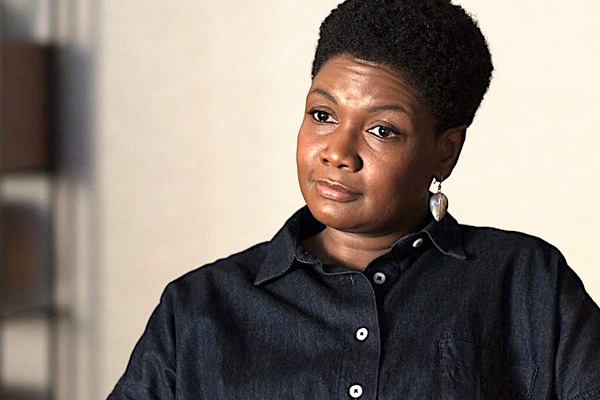BETTER THAN ZOOM OR FACETIME –
Nov. 26, 2021 – It’s been more than 20 years since Tony reluctantly sat down in Melfi’s office, where he was referred after suffering a panic attack. And although“The Sopranos” wasn’t the first TV series to feature a therapist character, many practitioners cited it as a refreshingly authentic representation of what therapy actually is. Before the hit HBO series, TV therapists tended to fall into two categories, said Glen Gabbard, clinical professor of psychiatry at Baylor College of Medicine. “You were either a buffoon or a killer.”
Tony’s competent and compassionate shrink set a new standard — one Gabbard explored in his 2001 book “The Psychology of ‘The Sopranos.’” “They did something that was pretty daring, which was to show a mob boss taking psychotherapy seriously,” said Gabbard, who also served as a consultant on the six-season series. Bracco, he added, “did a very good job of showing a good therapist at work but also someone who was human and gets worried and fears for her life.”
In recent years, therapist characters have proliferated across television, in part because of increasing mental health awareness among TV creators and the larger entertainment industry. But not all TV therapists are created equal: In the decades since Tony started his weekly sessions, we’ve seen portrayals that strike similar authenticity, a few that push boundaries and others that resort to harmful tropes.



